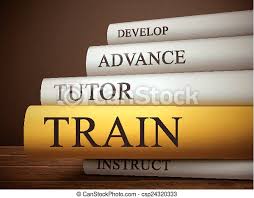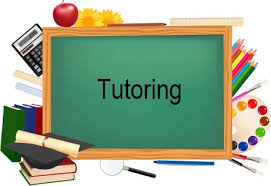Effective Tutoring
While many school boards are offering free tutoring programs to students, not all tutoring is created equal. The effectiveness of tutoring programs varies greatly, and these variations may drive different outcomes for different students.
So, what qualities make an effective tutoring program? Many studies point to these key factors:
- Consistent & Reliable Schedules. Tutoring is most effective when it is provided in a regular and reliable schedule. At Oxford Learning, students attend a minimum of one-hour classes at least twice a week. This regular and repeating schedule is key to helping students see the most academic gains.
- Qualified Teachers. Rather than working with another student, effective tutoring employs certified teaching staff who have in-depth training and skills. All Oxford Learning tutors are full trained and qualified.
- Individual Attention. In such small groups, teachers are able to personalize teaching to the specific students and focus on the subjects that student needs the most. All Oxford Learning classes have three students to one teacher, allowing a balance between instruction and self-directed work.
- Relationship Building. In small groups on a consistent schedule, it is easier for a student to develop a relationship with a tutor they see at dedicated hours several times a week. Students feel connected to the learning and to their instructor and well as to the other staff who they see regularly.
- Assessments and Customization. With learning assessments, tutors are able to build specific programs that meet the student’s exact learning needs. Tutoring Helps continuously evaluate both a cognitive and academic portion that allows us to create a program unique to each student’s exact learning needs.
- Builds Confidence. Tutoring boosts students’ confidence as they begin to make academic progress. Students also build confidence because of the consistent, reliable educational routine and the connection they develop with their tutor and tutoring program.
